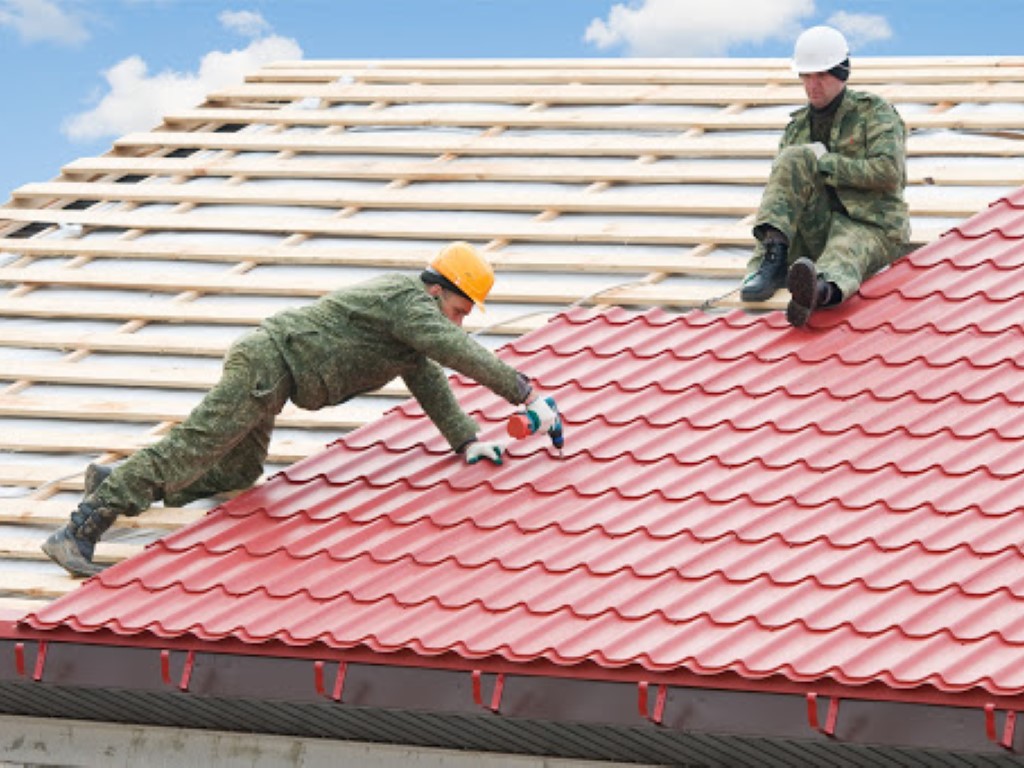A roof inspection is a radical examination of a building's roof to assess its situation, identify any potential issues or injury, and decide whether or not upkeep, repairs, or replacements are needed. Roof inspections are typically conducted by homeowners, professional roofing contractors, or inspectors with expertise in roofing methods. The main purpose of a roof inspection is to ensure the roof's integrity and performance, extend its lifespan, and prevent costly repairs or replacements.
Here are the vital thing aims and elements of a roof inspection:
Evaluation of Roofing Materials: The inspector assesses the situation of the roofing supplies, such as shingles, tiles, metal panels, or membrane roofing. They look for signs of wear and tear and tear, injury, or deterioration.
Inspection of Flashing and Roof Penetrations: Flashing, which is used around roof penetrations like chimneys, vents, and skylights, is examined for signs of damage or improper installation. Roof penetrations themselves are inspected for leaks or potential points.
Assessment of Gutters and Downspouts: The inspector checks the condition of gutters and downspouts to make sure they are clear of debris and in good working order. Clogged or damaged gutters can lead to water injury and roof problems.
Examination of Ventilation: Proper roof ventilation is important for regulating temperature and moisture ranges in the attic or crawl space. The inspector checks for sufficient ventilation and signs of moisture-related points.

Detection of Leaks and Water Damage: The inside of the building, notably the attic or ceiling, is examined for signs of leaks, water stains, or mildew growth. These could indicate roof problems that want consideration.
Structural Assessment: In some instances, the roof's structural parts, similar to rafters or trusses, may be inspected for indicators of damage or stress.
Documentation: The inspector sometimes offers a written report detailing their findings, including images and suggestions for any needed repairs or maintenance.
Roof inspections may be scheduled periodically, similar to yearly, or as needed, particularly after extreme weather events like storms or hail. Regular inspections assist catch issues early and lengthen the lifetime of the roof. If issues are identified through the inspection, prompt repairs or maintenance can stop further harm and costly roof replacements.
It's essential to notice that for safety causes, roof inspections ought to be performed by people who are skilled and educated about roofing systems. When in Learn more here , it is advisable to rent knowledgeable roofing contractor or inspector to perform a complete roof inspection..
